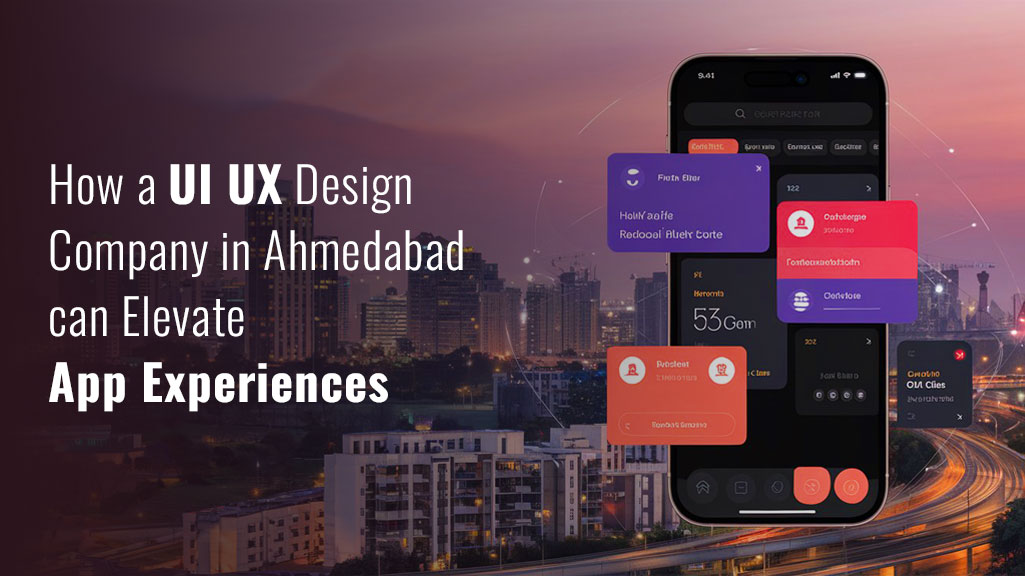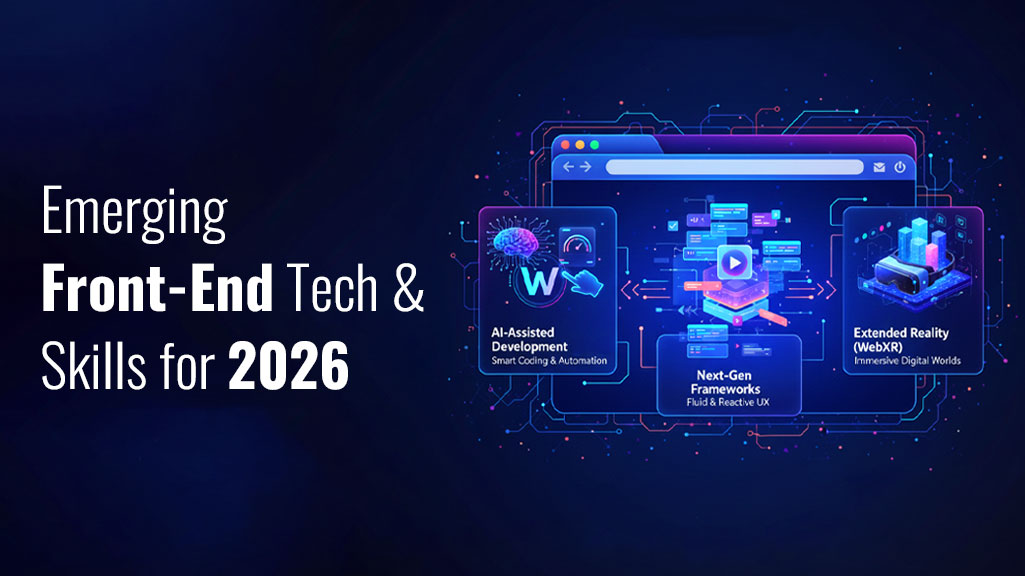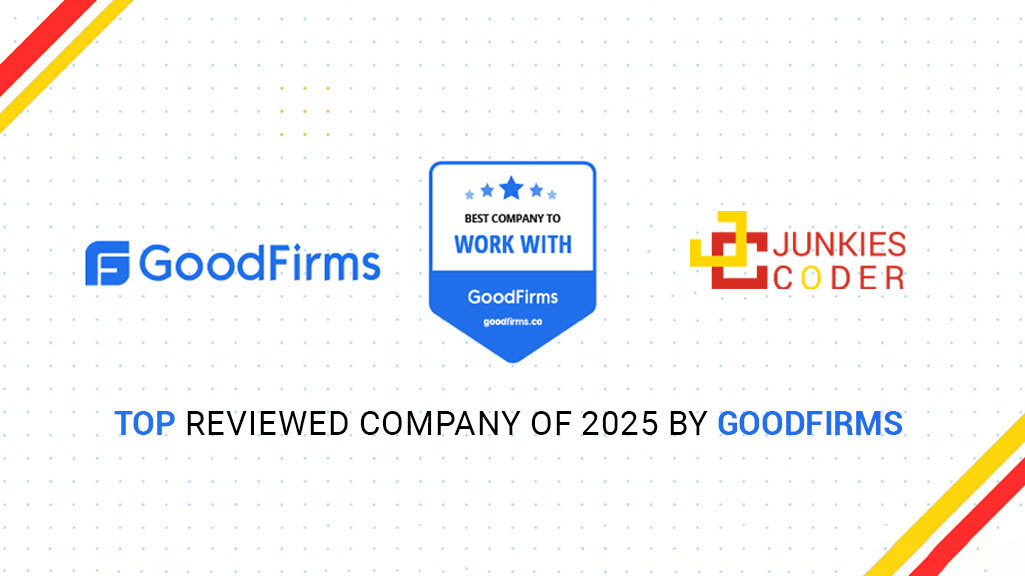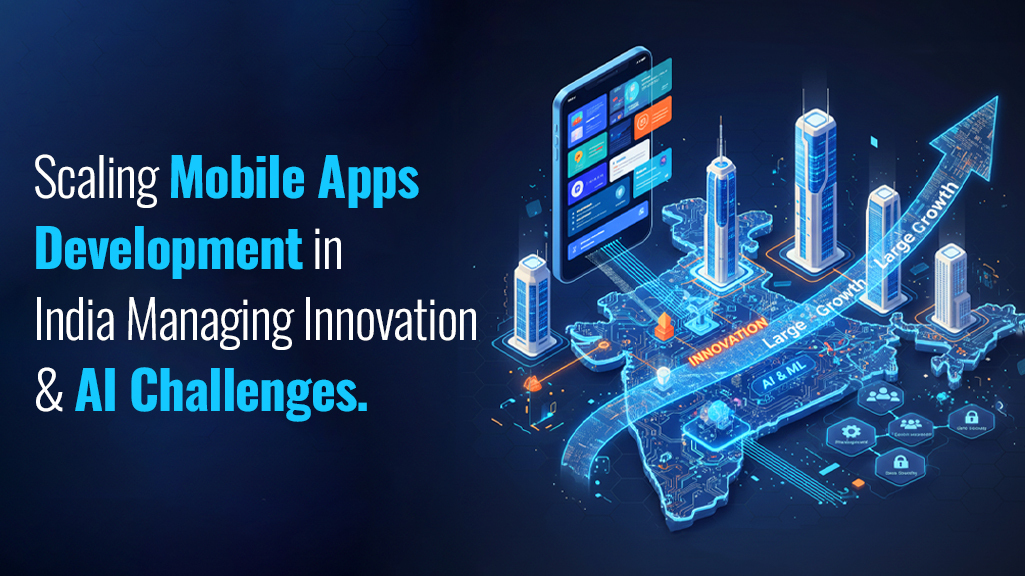Cross-platform mobile app development has emerged as a game-changer in the tech industry, enabling developers to create apps that run seamlessly on multiple platforms, such as iOS, Android, and even Windows, using a single codebase. This approach significantly streamlines the development process and offers numerous advantages, especially for businesses looking to optimize their resources and time.
One of the primary benefits of cross-platform app development is reduced development costs. Traditional native app development requires developers to write separate codebases for each platform, which can be time-consuming and expensive. Cross-platform development, on the other hand, allows developers to write the code once and deploy it across various platforms, saving both time and money. This is particularly beneficial for startups and small businesses that need to reach a broad audience without the substantial financial burden of developing separate apps for iOS and Android.
Another significant advantage is the faster time-to-market. Since the code is shared across platforms, developers can launch the app sooner than if they were to create separate native apps for each platform. This rapid deployment allows businesses to stay competitive and quickly respond to market demands. With shorter development cycles, businesses can test and iterate their products more quickly, enabling them to refine their app based on real-world user feedback.
So, let’s start without further delay…
What is benefits of cross platform apps?
Benefits Of Cross-Platform Apps
Cost Effective
Since cross-platform development uses a single codebase, it reduces the time and cost of building apps for multiple platforms. This is particularly advantageous for startups and businesses with tight budgets.
Faster Development
With one codebase for all platforms, the development process is streamlined, resulting in faster time-to-market. Developers do not need to write separate code for each platform, which speeds up the release process.
Wider Audience Reach
Cross-platform apps can be launched on multiple platforms simultaneously, reaching a wider audience. This ensures that the app is available to both iOS and Android users without any extra development effort.
Easier Maintenance and Updates
Maintaining a single codebase simplifies the process of making updates or bug fixes. When a change is made, it applies across all platforms, ensuring consistency and saving time.
Uniform User Experience
Cross-platform frameworks ensure that the app provides a consistent look and feel across all devices, offering users a uniform experience regardless of the platform they are using.
How many types of cross platform technology?
Types of Cross-Platform Technology
Hybrid Apps
Hybrid apps are web apps wrapped in a native container. Technologies like Apache Cordova or Adobe Phone Gap allow web developers to use HTML, CSS, and JavaScript to build apps that run within a native WebView. They can access device features but might not offer the same performance as native apps.
Web-Based Apps (Progressive Web Apps — PWAs)
Progressive Web Apps (PWAs) are web applications that act like native apps. They are accessible via a web browser but can be installed on a device, offering features like offline access, push notifications, and fast loading.
Cross-Platform Frameworks
Frameworks like React Native, Flutter, and Xamarin allow developers to write code in languages like JavaScript, Dart, or C#, which can then be compiled into native code for iOS and Android. These frameworks provide near-native performance and access to native features.
Popular Cross-Platform Frameworks
React Native: Developed by Facebook, it allows developers to use JavaScript and React to build mobile apps.
Flutter: Created by Google, it uses the Dart programming language and provides a rich set of pre-designed widgets.
Xamarin: Owned by Microsoft, it uses C# and allows code sharing between iOS, Android, and Windows.
Why is Cross-Platform Development Preferred Over Native App Development?
Cost and Time Efficiency
Cross-platform development significantly reduces the cost and time required to build apps, as the same codebase is used for all platforms. Native development requires writing separate code for each platform, which is more time-consuming and expensive.
Single Codebase
Managing a single codebase is easier than maintaining multiple ones. Updates, bug fixes, and new features can be rolled out across all platforms simultaneously, simplifying maintenance and improving consistency.
Faster Time-to-Market
Businesses looking to enter the market quickly can benefit from the faster development cycle of cross-platform apps. Developers can write code once and deploy it across multiple platforms, reducing the overall time needed to release the app.
Consistent User Experience
Cross-platform frameworks offer tools and libraries to ensure a consistent look and feel across all devices, which is harder to achieve when developing separate native apps.
Access to a Wider Audience
Since cross-platform apps can be launched on multiple platforms at once, businesses can reach a wider audience without the need for separate development teams or extra costs.
When to Use Cross-Platform Development vs. Native Development
Use Cross-Platform Development If :
You need to quickly deploy an app on multiple platforms.
You have a limited budget for development.
You want to maintain consistency across platforms.
The app does not require heavy, platform-specific functionalities.
Use Native Development If :
You need high-performance applications (e.g., games, apps with complex animations).
You require in-depth access to platform-specific features.
You prioritize seamless integration with the OS and device hardware.
You have sufficient time and budget to develop separate apps for each platform.
Cross-platform development has gained popularity because of its efficiency, speed, and cost-effectiveness, making it a preferred choice for many businesses that want to reach a broad audience quickly and effectively.
Conclusion
Cross-platform mobile app development has quickly become a preferred solution for businesses aiming to create versatile, cost-effective, and user-friendly applications. By utilizing powerful frameworks such as React Native, Flutter, and Xamarin, developers are able to write a single codebase that runs seamlessly across both iOS and Android platforms, significantly expanding the reach of their apps.
One of the most significant advantages of cross-platform development is the reduction in development time and cost. Traditionally, businesses would need to develop separate apps for iOS and Android, requiring duplicate effort and resources for coding, testing, and maintenance. However, with cross-platform solutions, developers can write the code once and deploy it on both platforms, streamlining the entire process. This not only speeds up time-to-market but also reduces overall development expenses, making it especially appealing to startups and businesses with limited budgets.
In addition to cost and time efficiency, cross-platform development also simplifies app maintenance. Since the codebase is shared across platforms, developers only need to make updates or bug fixes once, and those changes are automatically applied across both iOS and Android. This unified maintenance process eliminates the complexities and extra work associated with managing multiple codebases and ensures that users across all platforms receive consistent updates and improvements.
Cross-platform development also ensures a consistent user experience across both iOS and Android. By building apps with the same UI components, users experience a similar look and feel regardless of the device they use. This consistency is crucial for maintaining a strong brand identity and providing users with a smooth, predictable app experience.









